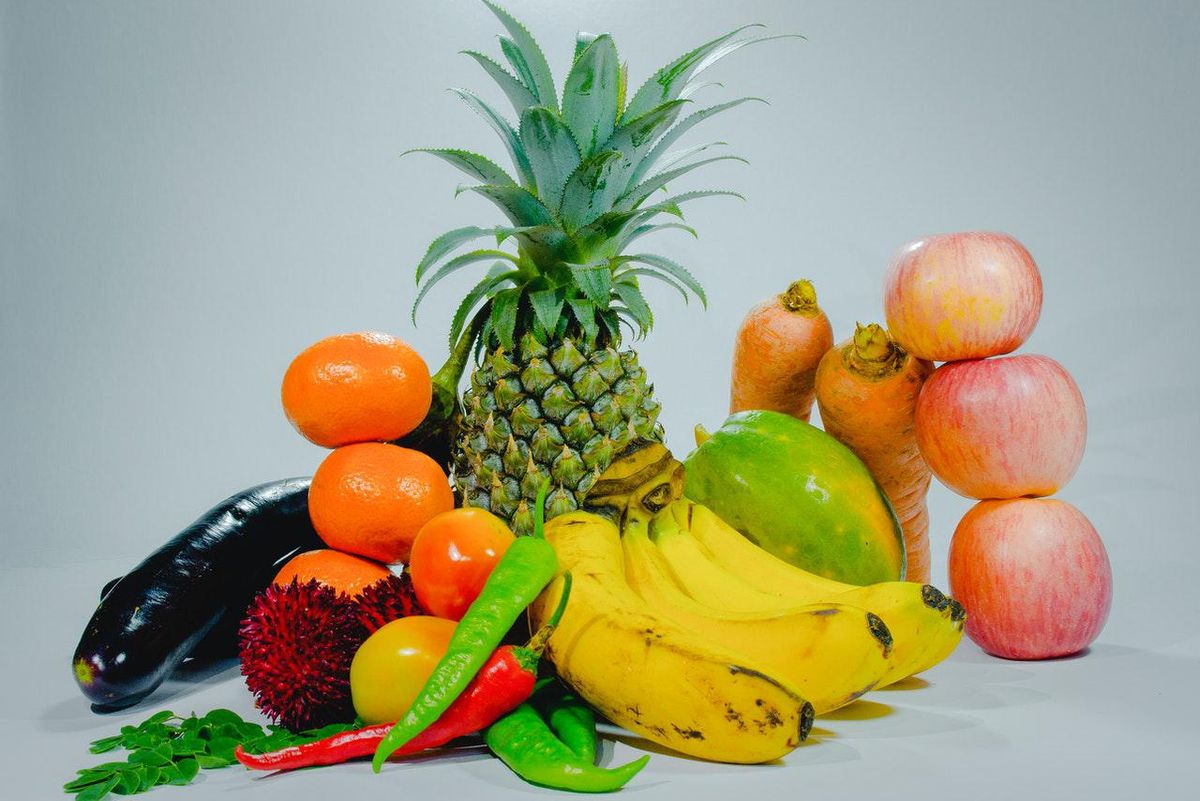Which is better for you-an organic tomato or one that's grown through conventional methods? The answer might not be as obvious as it seems.
There's certainly a benefit to eating foods that don't contain pesticides, especially if you're pregnant or nursing or feeding the foods to young children. Yet data from about 87,000 tests analyzed by the Environmental Working Group, a food watchdog organization, discovered that more than half of conventionally grown tomatoes had no detectable pesticide residue on them.
The same was true for broccoli, eggplant, cabbage and sweet peas. More than 90 percent of the samples of conventionally grown asparagus, sweet corn and onions also had no detectable pesticides.
In addition, a 2008 Italian study found that organically grown tomatoes contained less vitamin C and lycopene-important nutritional components-than did conventional tomatoes. The organic tomatoes did have more salicylic acid, another beneficial nutrient. Yet, other studies have shown more nutritional benefits in some organically grown produce, such as blueberries.
So how do you choose what to buy? Organic produce contains little or no pesticide residue and organic growing methods tend to support land and water ecology. If you buy conventionally grown vegetables and fruits, some of them contain high levels of residue. Be especially cautious about buying the "dirty dozen" (see list below), which includes peaches, apples, bell peppers and celery.
Rinsing conventionally grown produce will help remove some pesticide residue, but not all of it. You can peel fruits and vegetables to avoid a lot of the residue, but that also results in losing nutrients.
On the practical side, organic produce is often more expensive and harder to find, with fewer items available. You may get fresher, less expensive produce from local growers (even nonorganic ones), who use less gasoline getting their fruits and vegetables to your market than do organic farmers located at greater distances.
To help find your way through the confusion in the produce aisle, the Environmental Working Group created a list of which conventionally grown vegetables and fruits retain the most pesticide residue and which have the lowest levels. You can use these lists to guide your decision making when wondering whether to buy organic or not:
Highest levels of pesticide residue (highest first)
Peach
Apple
Bell pepper
Celery
Nectarine
Strawberries
Cherries
Kale
Lettuce
Grapes (imported)
Carrot
Pear
Lowest levels of pesticide residue (lowest first)
Onion
Avocado
Sweet corn
Pineapple
Mango
Asparagus
Sweet peas
Kiwi
Cabbage
Eggplant
Papaya
Watermelon
Broccoli
Tomato
Sweet potato
Whichever type of produce you decide to buy, be sure to eat plenty of fruits and veggies (fresh or frozen) every day. For women who get less than 30 minutes of physical activity daily, the U.S. Department of Agriculture recommends:
- Vegetables: Women under 50, 2-1/2 cups per day; women 50 and over, 2 cups per day
- Fruits: Women under 30, 2 cups per day; women 30 and over, 1-1/2 cups per day
More active women may increase their consumption from those daily levels.







